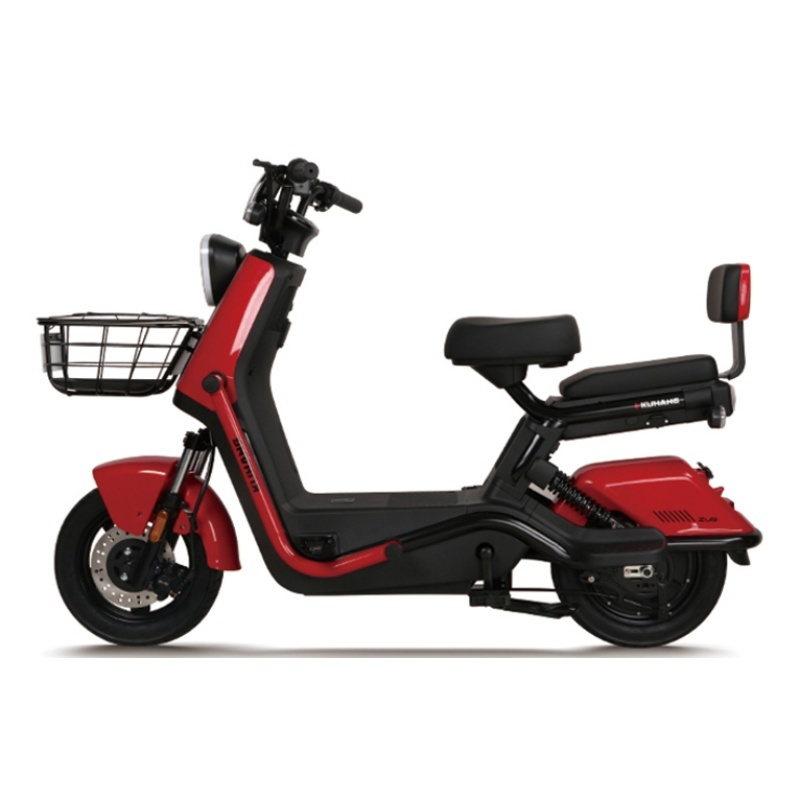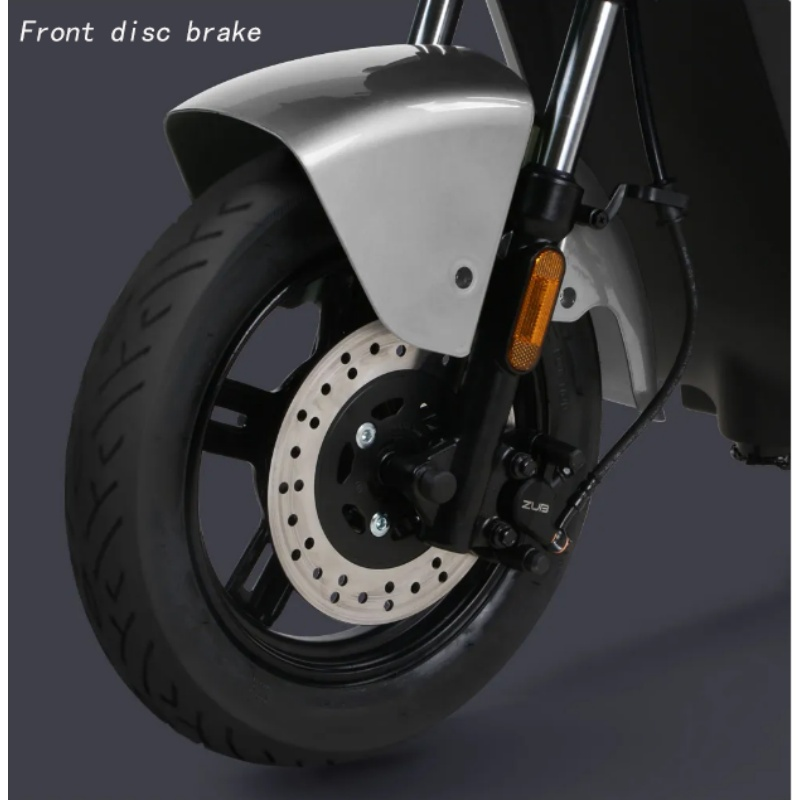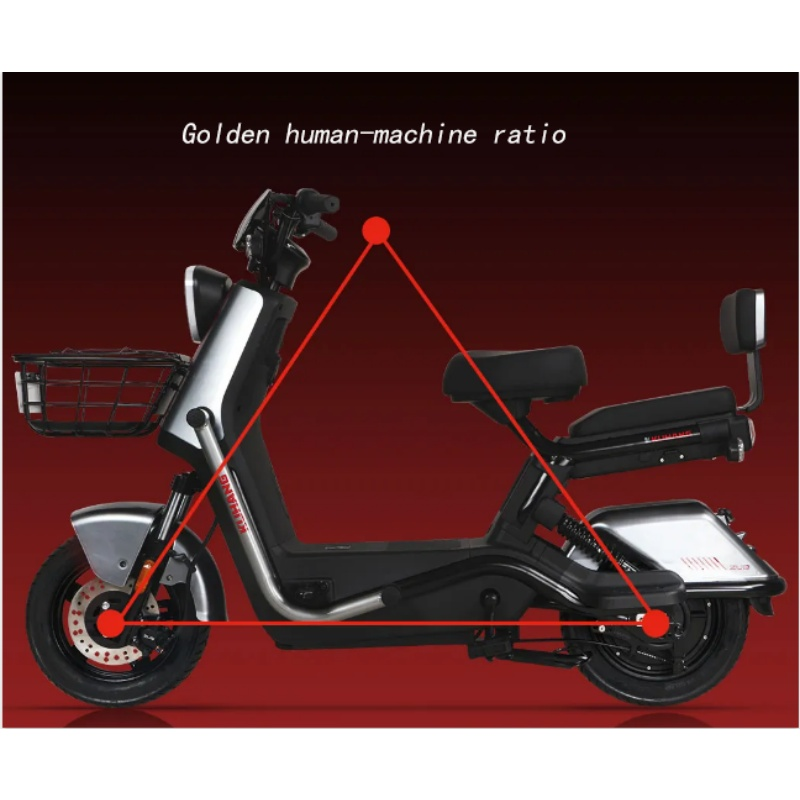e bicycle price
Electric bicycle prices represent a crucial consideration for consumers entering the world of e-mobility. Contemporary e-bikes range from budget-friendly commuter models starting around $500 to premium options exceeding $8,000. The price variation reflects differences in battery capacity, motor power, frame materials, and overall build quality. Entry-level e-bikes typically feature 250W motors, basic lithium-ion batteries with 20-40 mile ranges, and standard components. Mid-range models, priced between $1,500 and $3,000, offer enhanced features like torque sensors, integrated displays, and higher-capacity batteries. Premium e-bikes incorporate advanced technologies such as carbon fiber frames, sophisticated motor systems with multiple assistance levels, and smart connectivity features. Factors influencing e-bicycle pricing include battery technology, motor quality, frame construction, component selection, and brand reputation. The market shows diverse options catering to various user needs, from casual commuters to serious cyclists, with prices reflecting the technological sophistication and build quality of each model.


